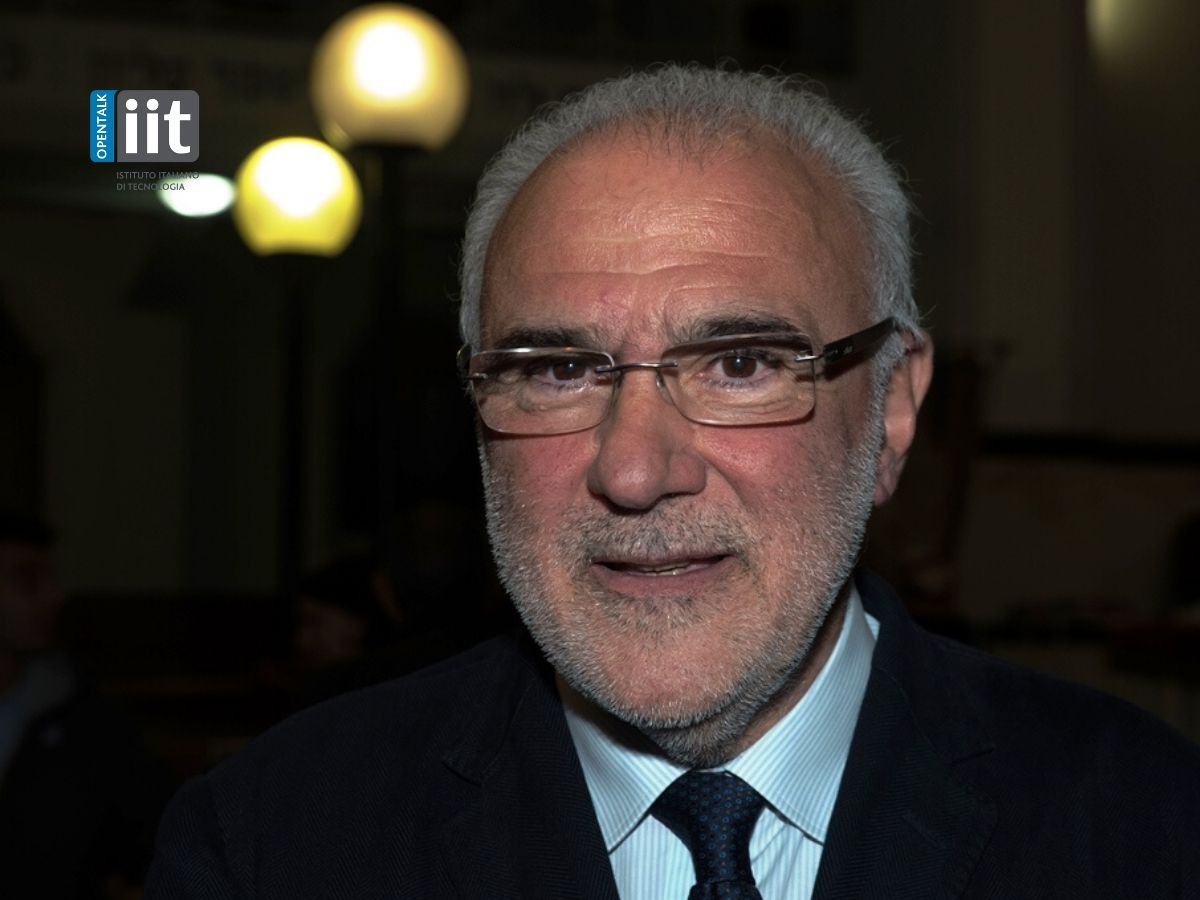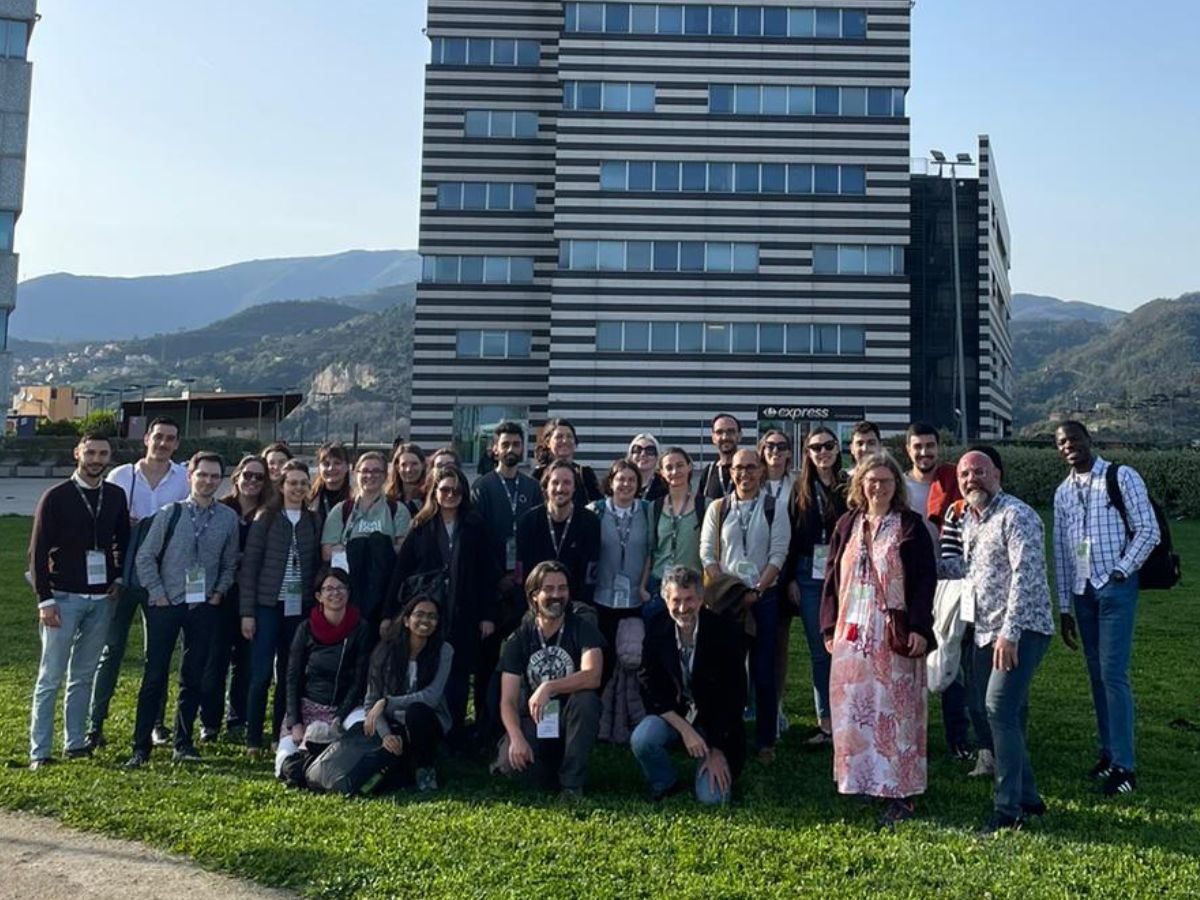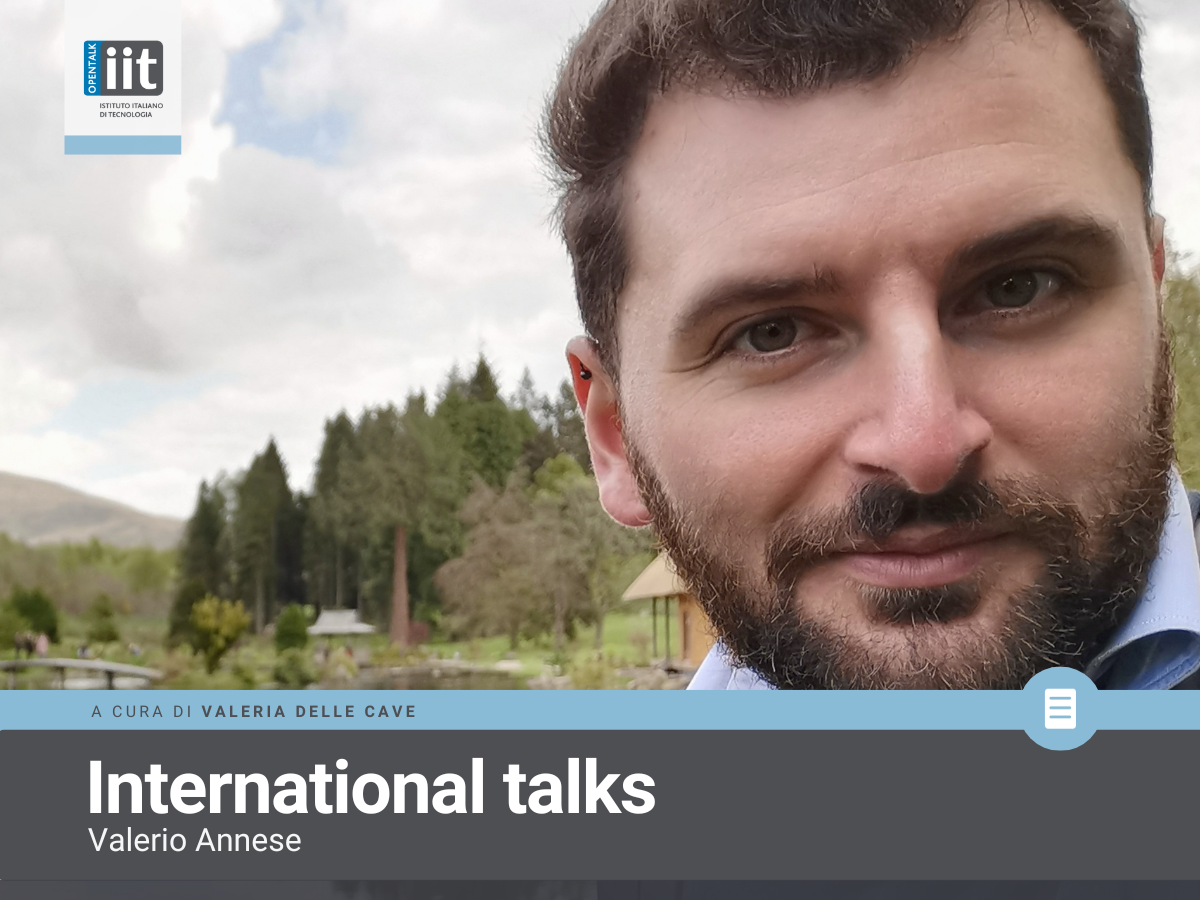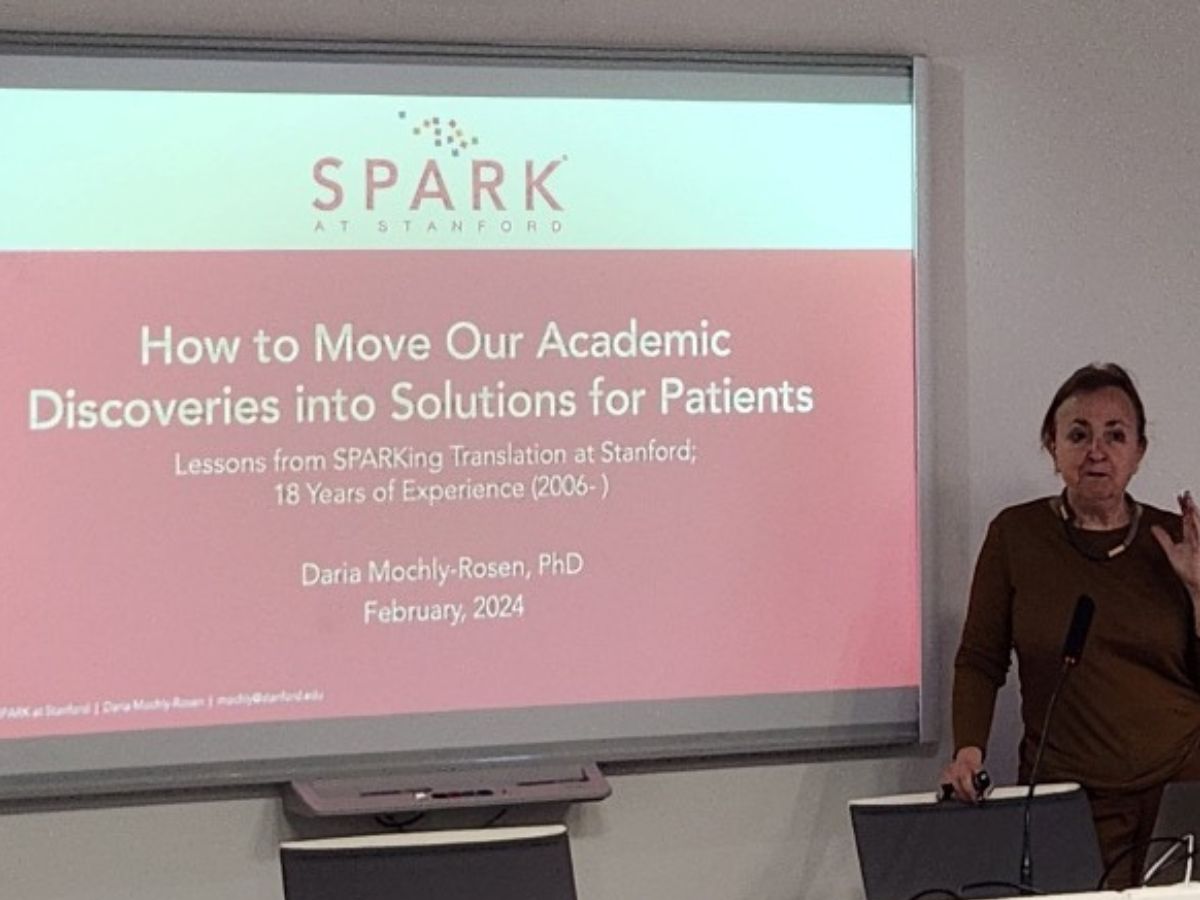Interview with Andrea Chiappori, head of the Comunità di Sant’Egidio, Genova
Voices from the CityAt a time of great apprehension about our future, we are certain that, in the central decision-making centres, as well as at a local level, people are working to get us out of this hole the pandemic has left us in. We want to tell you, through the testimonies of our fellow citizens, how we are coping and how Genoa and all those who live and work there will win this battle.The emergency arrived in all Italian homes and all around the world within a few weeks, shaking up the lives of each of us with sudden violence. A life that in most cases still has a roof, the possibility of having enough food, and technology, which punctuates the days which are almost all exactly the same.
We asked the manager of the Comunità di Sant’Egidio, Genoa, how the pandemic has affected sector of the community who very often remain in the shadows.How has life changed for the people who are the most frail and disadvantaged? What were the main difficulties that the Comunità di Sant’Egidio has faced in Genoa?A microorganism has brought us to our knees, has made evident the limits of our existence that perhaps we did not want to notice. Pope Francis admirably summed it up: ‘We have deluded ourselves that we are healthy in a sick world’. And this deception could continue because living social isolation in a beautiful, large house, with many ultramodern tools … it is a certain but bearable inconvenience, and it could contribute to perpetrating the carelessness, i.e. the individualism, which has characterised our society in these last years. The lesson I draw from life within the Comunità di Sant’Egidio every day helps me to counteract this trend, which we could call the spirit of the times; in other words, living for yourself. We read in Psalm 48: ‘A man who has riches without understanding is like the beasts that perish’. This helps a lot to get into the profound meaning of the question I was asked, it is not a disadvantage to live in prosperity but it is necessary to turn one’s gaze to the world around us, to the people we have next to us and in the globalised world also to those who are far away. This openness allows you not to die to yourself. Just to rebel against the spirit of the times. Perhaps this is the greatest difficulty faced by the Comunità di Sant’Egidio, which is not an organisation but a group of men and women who experience the sensations and we could say, with a word that is a little obsolete, the temptations of everyone. This freedom from the spirit of the times makes it possible not to be indifferent to those who live in different and more precarious conditions.Hence the discovery that, in addition to the many we meet and support throughout the year, the pandemic in recent weeks has made the lives of many precarious, a long and painful list of people who ‘were getting by’ and in a very short time they are found to no longer be able to meet their everyday needs. Those who have seen their work shrink or dry up; the elderly (we are a city of elderly people!) who still manage to live at home alone but cannot go out to protect themselves and are in serious difficulty… a separate chapter should then be dedicated to those who do not have a home … So we asked ourselves how to respond immediately to this emergency, with the haste to face problems that cannot be postponed or discussed at the table, and we created a widespread network of aid, visits, food distribution, searching for resources to not leave anyone out.How has the emergency been managed for the homeless, to protect them from contracting the disease while complying with the current regulations approved by the Government following the international health emergency?Homeless people have been a huge problem since the beginning of the emergency. We need to take a step back to understand what we are talking about: people who do not have a permanent home in Genoa are a small army. Fortunately not all of them live under bridges. There are very well organised accommodation facilities, also pathways to reintegration that help those who want to look for another option for their existence. Then many are accepted at night shelters that offer short-term shelter or for longer periods, and finally many makeshift accommodations, lodgings with friends. All this however is not enough and in normal times about 150-200 people actually live on the streets, especially in the city centre, at the railway stations, under the arcades, near the opera house but also in the suburbs. With the arrival of the emergency, the Municipal Council of Genoa made an significant effort and opened several facilities to give shelter to these people so that they too could ‘stay at home’. Unfortunately, not everyone has accepted this offer and about 100 people still live and sleep on street corners and on the pavements. People who are at risk to themselves and to others. In this period of emergency, we at Sant’Egidio have intensified our night visits: whereas they find shelter for the night, during the day we welcome them more frequently at our centres. We can speak of ongoing monitoring: these are people who can’t get a foothold – the streets are deserted, everywhere is closed. For them, at a moment’s notice, there was a total void, in a context of serious marginalisation! Giving them food, clothes, blankets, aids to protect themselves from the virus is the daily attempt to make those who have no home feel that there is a family and thus fight the virus of loneliness and abandonment that always reaps victims, very often in the general sense of indifference.What measures have been taken in recent weeks by the government to help the situations you manage and what do you expect will happen in the coming months while we wait for a vaccine to arrive?The activity of the government and local councils today is mainly oriented to protecting the health of the population and rightly, support is expected from organisations such as ours which, by choice, have faced complex social problems for many years. We do not expect particular support in this phase but we find a strong spirit of coordination and collaboration to make the best of every action. Of course, this is in the short term. In the immediate future, however, it will be necessary to change pace, we expect a leap of intelligence, a bold spirit that knows how to glimpse the future and build it by rowing everyone in the same direction, as Pope Francis suggests. Organisations such as ours must certainly be supported but above all listened to, to learn from the opinions of those who, every day, are among the people, to understand their mood and need which should not be disappointed. One example among many: phase 2 that we have been hearing so much about these days has already begun for us. It is not the one in which we can finally start going out and at least partially resume some daily activities, but rather it is the phase in which many need to go out because they no longer have sustenance, because they live in spaces that are too small… Every day the telephone rings at our organisation more and more frequently and the stories we listen to are similar in the extent of their urgency. There will therefore be a need for creative responses that gather everyone’s contribution and mark the beginning of a process of change.How could technology help the Comunità di Sant’Egidio, but in general all the organisations that care for the most fragile and vulnerable, the elderly and the homeless, to manage these weeks during the emergency?It is difficult to imagine what this lockdown time would be like without technology to help us, keeps us connected, allow us not only to stay informed but also to inform others about our condition, to continue to work, to attend meetings … The help we receive from technology specifically for our work in support of the weakest is an amazing thing. Take for example the Schools of Peace – they are an active experience in many neighbourhoods of the city, animated by high school and university students who gather hundreds of children in compulsory schooling. In this time of the Covid-19 emergency the Schools of Peace have not stopped their activities thanks to technology. Every day WhatsApp groups of kids, accompanied by these older friends, continued to see each other, study, and play. It has also become evident that the technology of the children of the most peripheral neighbourhoods is not always up to par and the connection does not reflect need in some areas of the city as it does in others.A special chapter concerns the elderly, especially their future. Today we record a serious defeat in a path of longevity that represents a great conquest of our society. It hurts to hear that it is mainly the over 80s who die from coronavirus, said almost to reassure us. I am sure that in the future of the elderly, in longevity, technology will find one of its fields of greatest application. If we can learn the lesson that the pandemic is teaching us, we will find a way to overcome forms of care that have shown all their limitations in a tragic way. The elderly must be better incorporated into the social context, protected and not isolated; in this way it would be much easier to counter any emergency and above all improve quality of life. It is a truly vast chapter that will have to lead us to radically rethink care and above all care homes. And here technology will have a lot to say.It has often been said in recent weeks that the pandemic will make us better people, or so the chronic optimists said. How can this isolation and loneliness change the humanity of Italians? Can this sudden difficulty really be transformed into an opportunity or is there a risk that the pandemic will devour humanity making us all more selfish?“For everything to stay the same, everything must change” (Tomasi di Lampedusa). I quote this sentence to justify myself. It is not easy to answer this question; changes are always full of pitfalls, they have to do with the complexity of the world and the human soul. Much will depend on how we live these long months that lie before us, in which we will concretely be out of seclusion but not yet completely free. Months in which to maintain a certain social distance, return to work and then to school, but with rules to be respected. The real “after” will be when we can have a vaccine, which must first of all be universal, a real novelty. This has not been the case with treatments for HIV, perhaps a more controllable disease, at least in the rich world. This could be a step towards a more conscious globalisation. Another important aspect could be to regularise the situation of immigrants present in various capacities throughout the country. This has already happened in Portugal. It is required by many social partners and also by astute intellectuals. It is not a choice but rather a requirement. Set by reasons of necessity for the urgent work to be done in the fields and the imminent harvest, for the care of the elderly, the carers, since we will encounter a strong sense of uncertainty towards the effective validity of care with hospitalisations. However, a decisive step also for the fight against undeclared work would result in greater social cohesion, which is very important as we prepare to experience an effort towards economic rebirth. Furthermore, the state could have a substantial tax revenue. Another aspect will be the role that the media will play, in this phase they have taken on an important task, much of the significant and decisive adherence to the rules imposed by the epidemic has been thanks to them. Especially television and newspapers. The Church too will have to play a primary role. In these days the Pope’s words have accompanied both believers and non-believers, the most emblematic image remains Francis in the rain in the deserted St. Peter’s square. It touched everyone’s heart and inspired people. Thus we must continue, not only the Pontiff but priests and lay people, men and women: to be an example in helping and thinking about the future. Witnesses of a gratuitousness, which must be the basis of a cultural revolution that also involves politics.And last but not least, technology. We will have to learn to make more and better use of it and make it for everyone, to make it the basis of a society that is more capable of educating, protecting and caring. But I do not want to seem unoptimistic and therefore I conclude by quoting the Holy Father once again in the message to the Italians: “We have hope, which is not an illusion and therefore does not disappoint, that a better time will come in which we ourselves will be better”.___Andrea Chiappori is head of the Comunità di Sant’Egidio, Genoa The Communità di Sant’Egidio was founded in Rome in 1968, shortly after the Second Vatican Council. In the second half of the seventies it began to establish itself in several other Italian cities and it has been in Genoa since 1976.Also active at the diocesan level, it has held various roles in the secular council and is a member of the diocesan pastoral council. It is currently appointed by the Archbishop as Deputy Director of the Pastoral Office for the elderly.





